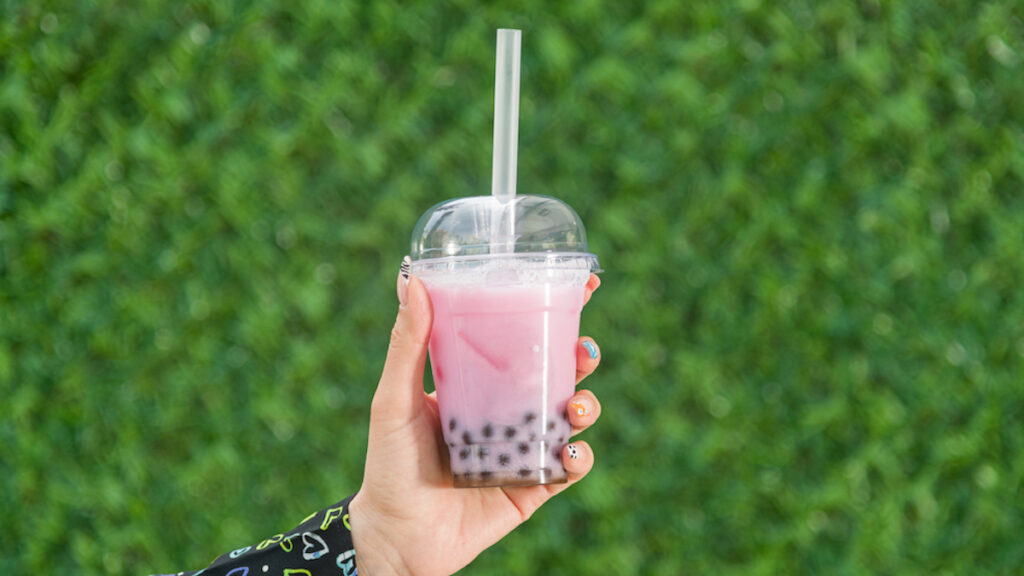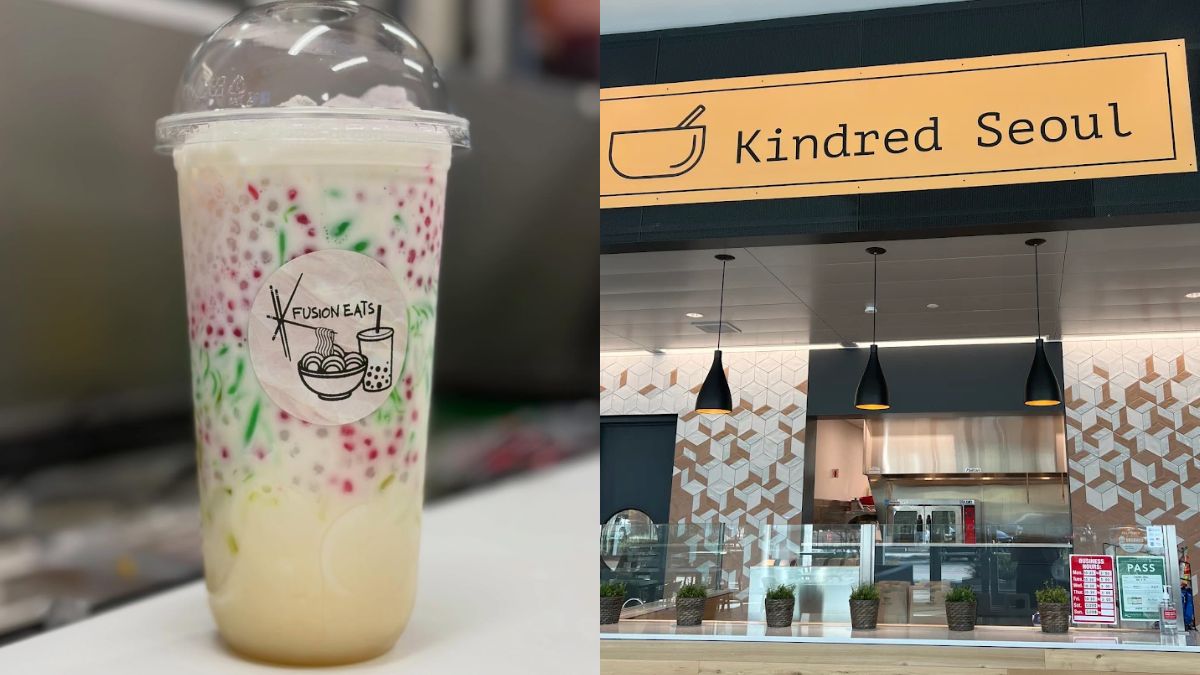
Bubble tea, a popular Taiwanese beverage, is under scrutiny after a recent investigation revealed alarming health risks associated with its consumption. According to findings by Consumer Reports, certain bubble tea products in the United States showed elevated levels of lead, raising concerns about the safety of this trendy drink. Known for its combination of black tea, milk, sugar, and chewy tapioca pearls, bubble tea has surged in popularity since its inception in the 1980s.
Health Risks Linked to Ingredients
The tapioca pearls, which are made from cassava starch, can absorb heavy metals, including lead, from the soil where cassava is cultivated. While there have been no equivalent testing results published in the UK, the implications of lead contamination are serious, given the potential for long-term health effects.
Additionally, consuming large quantities of tapioca pearls can lead to health issues such as gastroparesis, a condition where the stomach takes too long to empty. Symptoms can include nausea, vomiting, and abdominal pain, particularly in individuals with pre-existing digestive issues. In extreme cases, blockages can occur.
Other ingredients, such as guar gum, commonly added to thicken bubble tea, can also contribute to digestive problems like constipation if consumed frequently. The drink’s composition has even been linked to kidney health concerns. In a notable case from 2023, Taiwanese doctors removed over 300 kidney stones from a young woman who primarily consumed bubble tea instead of water. While such extreme cases are rare, they highlight potential dangers associated with high consumption.
The Role of Sugar and Mental Health
The sugar content in bubble tea raises additional concerns. A typical serving contains between 20 and 50 grams of sugar, comparable to or exceeding that of a can of Coca-Cola, which contains 35 grams. Research conducted in Taiwan indicates that children who frequently drink bubble tea are 1.7 times more likely to develop cavities in their permanent teeth by the age of nine. In California, bubble tea consumption is identified as a contributing factor to youth obesity, yet many young adults remain unaware of these risks.
High sugar and fat content can lead to serious health problems, including type 2 diabetes and fatty liver disease. Emerging studies also suggest potential mental health implications linked to bubble tea consumption. Research on Chinese children has shown an association between frequent bubble tea intake and increased rates of anxiety and depression. Similar patterns have been observed in adults, with one study involving Chinese nurses indicating that regular bubble tea drinkers reported higher levels of anxiety, fatigue, and reduced overall wellbeing.
Choking Hazards and Diagnostic Confusion
The pearls themselves can pose a choking hazard, particularly for children. Pediatricians have documented this risk extensively. In Singapore, media reports recounted the tragic case of a 19-year-old woman who died after inhaling tapioca pearls while using a partially blocked straw. Another woman narrowly escaped a similar fate thanks to the quick action of bystanders.
Interestingly, medical professionals have also noted a curious phenomenon where tapioca pearls appear on scans of patients admitted for unrelated emergencies. Doctors have found these pearls in the digestive tracts of individuals treated for car accidents or appendicitis, causing potential diagnostic confusion as they resemble kidney stones.
The evidence suggests that while bubble tea can be enjoyed as an occasional treat, it should not be consumed as a daily staple. Experts recommend opting to drink directly from the cup instead of using a straw, which may help reduce the risk of choking. As Adam Taylor, Professor of Anatomy at Lancaster University, points out, drinking directly gives better control and allows the mouth to prepare for what’s coming.
In conclusion, while bubble tea remains a beloved beverage worldwide, consumers should be aware of the potential health risks associated with its ingredients and consumption patterns. Moderation is key to enjoying bubble tea safely.






